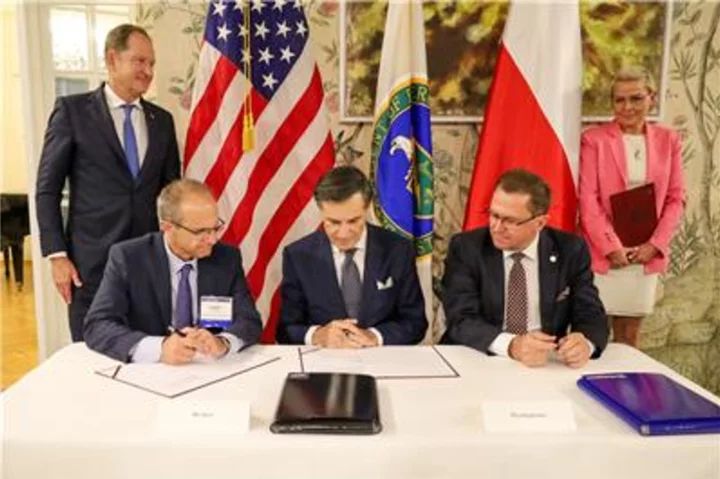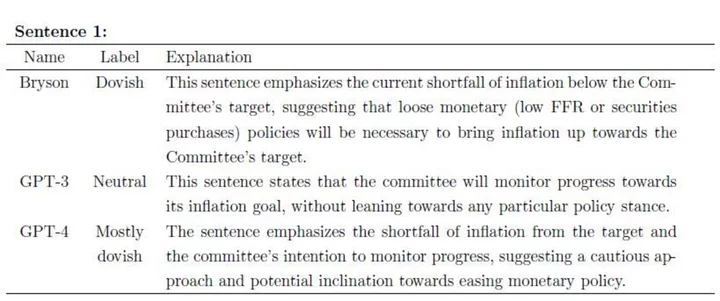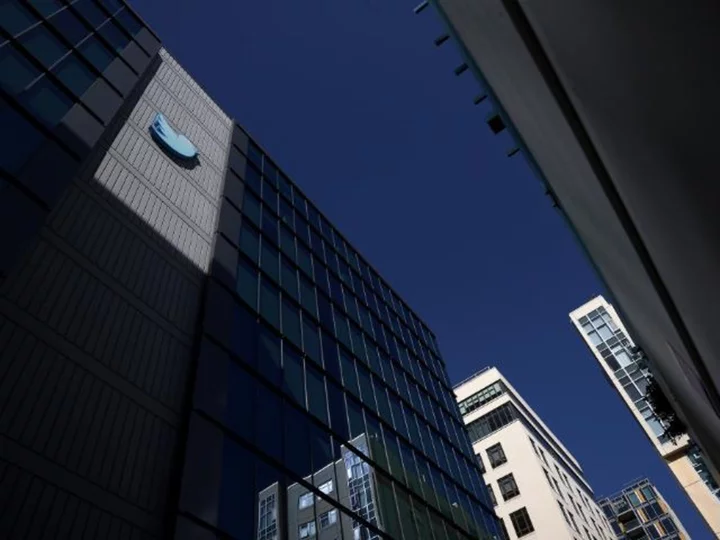A heat-tolerant coffee strain, lost to commercial production for more than 50 years, has been successfully grown in a Sierra Leone pilot project backed by trader Sucafina SA, the West African country’s government said.
The variety, Coffea Stenophylla, yields a bean with a taste similar to Arabica, the benchmark for quality coffee, at temperatures 7C warmer, according to earlier statements from Sucafina.
The variety is seen as a potential answer to protecting the world’s coffee industry from global warming, the government said in a statement released on Wednesday.
The strain was rediscovered in the wild in 2018 after commercial production was disrupted by decades of neglect and a civil war. Beans from the variety were sold under the brand Sierra Leone Highland Coffee before World War I.
“The results are so positive that we believe everything is in place to potentially rejuvenate Stenophylla, a coffee that was once drunk in Paris and London but has not been sold commercially for decades,” Daniel Sarmu, a development specialist who found the plant growing wild and is running the pilot, said in the statement.









